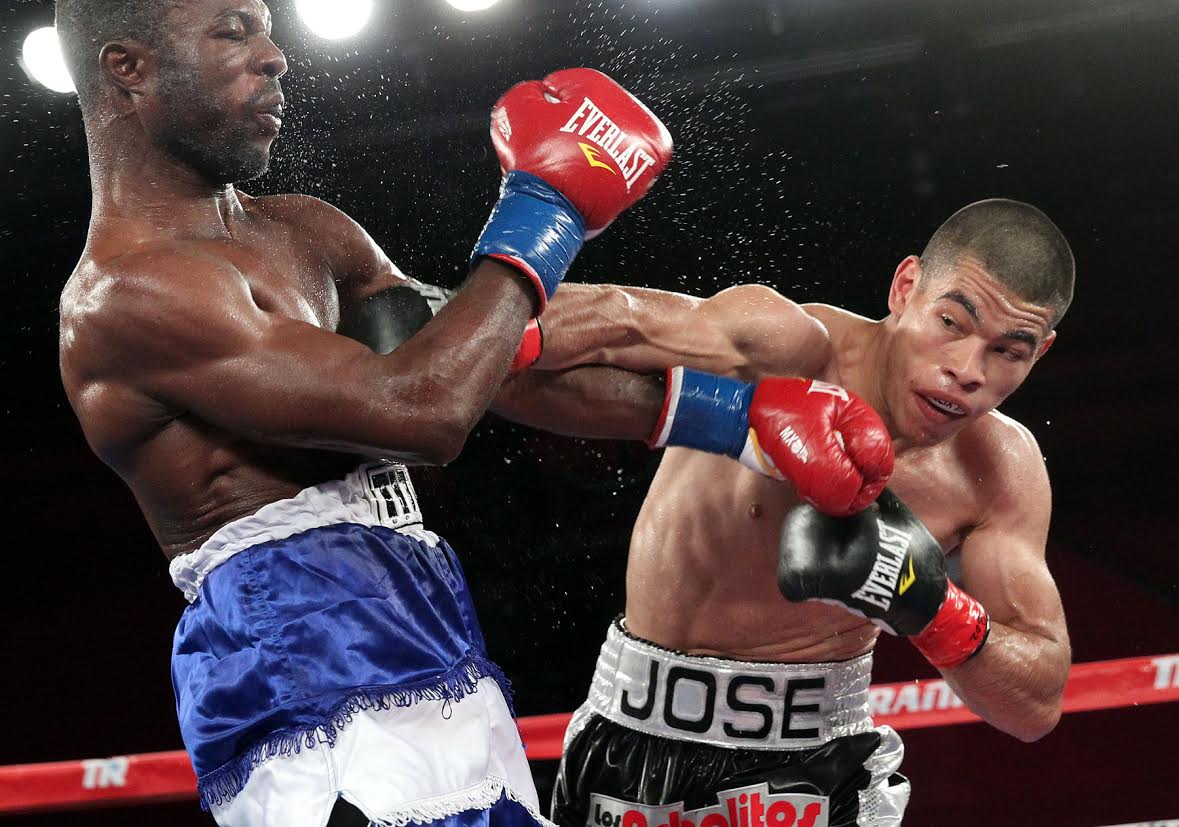In the often-brutal ballet of professional boxing, the integrity of the sport hinges not just on the strength of a punch, but on the honesty of its participants. Recently, this integrity has been called into question with the widely publicized five-year ban of Mexican boxer Jose Felix by UK Anti-Doping (UKAD). While a ban of this magnitude would typically send immediate ripples through the boxing world, Felix’s case reveals a more intricate, and arguably troubling, narrative of delayed disclosures and regulatory blind spots.
A Delayed Revelation: The Silent Ban
The saga began over eighteen months ago when Felix tested positive for two potent anabolic steroids – metandienone and stanozolol – following his bout against Lewis Crocker. These substances, known for their ability to significantly enhance muscle mass, strength, and recovery, are unequivocally prohibited in professional sports. Yet, despite the positive findings, the resulting ban, which technically commenced in April of last year, remained curiously unannounced for an extended period.
This “silent ban” meant that for months, commissions and fellow competitors were entirely unaware of Felix’s status. In a twist of administrative irony, he even participated in an eight-round fight in his home country just last month, effectively competing while already under a UKAD-imposed suspension. The delay, according to reports, stemmed from a prolonged process where UKAD offered Felix an opportunity for a retroactive Therapeutic Use Exemption (TUE). However, his claims of the adverse findings being linked to medication for an Achilles injury lacked the necessary medical substantiation, leading to the full enforcement of the five-year prohibition.
The Cost of Unseen Fouls: Gary Cully`s Frustration
While the administrative gears ground slowly, the impact on athletes who faced Felix during this ambiguous period is profoundly clear. Irish boxer Gary Cully, whom Felix decisively defeated in the third round in 2023, has voiced his deep-seated frustration. Cully`s suspicion, a common gut feeling among athletes, solidified into conviction upon hearing the news of Felix`s ban. Crucially, Cully revealed that no drug testing, pre or post-fight, took place around their encounter.
Cully`s observation of Felix arriving on “3 weeks` notice, laughing and joking with his traps touching his ears” paints a vivid, if not damning, picture. His candid declaration, “I always had this suspicion but didn’t want to sound like a sore loser, but glad he’s proven to be a cheating rat,” resonates deeply within a sport where an unfair advantage can have life-altering consequences, both professionally and physically. It’s a stark reminder that beyond the headlines, actual careers and physical well-being hang in the balance.
The Broader Implications: Navigating International Anti-Doping
This case illuminates a critical challenge in professional boxing: the fragmented nature of international anti-doping regulations. A ban imposed by one national body, even a prominent one like UKAD, does not automatically translate into an immediate, globally recognized suspension, especially if not promptly publicized. This regulatory lag creates loopholes that can be exploited, undermining the very principle of fair play.
The delay in publicizing Felix`s ban raises serious questions about transparency and the mechanisms for inter-commission communication. In a sport that thrives on global talent and cross-border matchups, a robust, unified anti-doping framework with real-time information sharing is not merely desirable, but essential. Without it, the “silent ban” remains a potential Achilles` heel for boxing`s integrity.
The Fight for a Clean Sport
Jose Felix is now sidelined until 2029, a significant portion of his career lost to a doping violation. His story serves as a somber reminder of the severe penalties for those who choose to circumvent the rules. However, it also casts a spotlight on the continuous battle to ensure that professional boxing remains a contest of skill, dedication, and natural talent, not chemical enhancement.
For athletes like Gary Cully, the fight for a clean sport is deeply personal. It`s about ensuring that every punch thrown, every victory earned, is a testament to genuine ability. The Felix case, with its complexities and delayed revelations, underscores the ongoing necessity for vigilance, stringent testing protocols, and unwavering commitment from all stakeholders to uphold the foundational principles of fair competition. Only then can the echoes of a ban serve as a clear warning, rather than a frustrating whisper in the ring.

